Besides adding evident scientific challenges to the already confusing and out of control global situation, reinfection by Covid-19 has significant social implications which need to be addressed & given serious thought and attention, a cursory approach can only make things worse.
The question of reinfection is directly related to various social factors which would influence it's spread in the society and therefore to the measures that would be required to control it.
Who is prone to get reinfected, what factors facilitate reinfection, when to label a case as reinfection, what should be the therapeutic approach to manage reinfection, does reinfection cause more,or less, severe symptoms, than primary infection, do these patients need to be quarantined and if so for how long? These and many other related questions have to be answered before proceeding to establish a scientific relationship between the cause & effect. When we are still to find definite answers to questions related to primary infection such as "is it shed only in the respiratory secretions? is it found in the urine? is it found in the blood? is it found in the stool, what is infectious, how long is it infectious, how high the viral loads can get, moving on to statements on reinfection could be a premature exercise which may only yield half baked results. The above questions about the primary disease were raised as early as 1st-2nd weeks of January this year by Alex Greninger a virologist at the university of Washington and still remain mostly unanswered. While these things are enabled by the genome certainly, you can't deduce it from the genome.
Finding effective drugs and vaccines are not just scientific questions, everything in medical science ultimately only has social significance, and so does reinfection with Covid-19, as much as it is so for its primary infection. Revising our lessons learnt from SARS epidemic we can recollect that knowing the source of that epidemic helped in its control and therefore it is not the genetic sequence of the virus which will get us there. Epidemiological analysis of the disease is more likely to fetch us the right answers.
A team of doctors from two Mumbai hospitals, BMC (Bombay Municipal Corporation) run Nair hospital, & Hinduja hospital along with researchers from IGIB (Institute of Genomics & Integrative Biology,& ICGEB Delhi (International Centre for Genetic Engineering & Biotechnology, have concluded from their study on four patients of which three were doctors from Nair hospital and one health care worker from Hinduja hospital that " only whole genome sequencing of the viral isolates from different episodes can confirm reinfection and an RT-PCR positive test does not confirm reinfection" (source: Times Of India 23-9-2020 page 17). The topic of the research was comparison of the severity of symptoms in reinfected patients of Covid-19 compared to the first attack. That all four had more severe infection was another of their inferences drawn from the work. Their study appeared as a preprint published in Lancet journal's website. ( I would like to know if the preprint article appeared in the printed copy too and if so in which edition?)
My observation on this news item is that any statement based on a research study of only four patients of a disease which has caused a worldwide pandemic does not present a case of serious study.
I also have a query related to the conclusion they have drawn from their research: "are we to presume that infection cannot occur by the same strain or genome after it has done so the first time?" If that is the case then its direct implication is that infection with any particular genome sequence confers lifelong immunity which enables only differently sequenced genomic material to penetrate the host cells and create symptoms a 2nd time (or maybe 3rd -4th also; who knows?) Then we also have to consider the question of rejection a RT-PCR positive test as evidence of reinfection. If RT-PCR is not a correct tool for diagnosing reinfection how can it be so for the first time infection! If the test becomes negative after the control of symptoms from the primary infection and becomes positive again after a certain gap of time why should this positivity not be indicative of infection this time too, and if the RT-PCR has continued to remain positive even after the symptoms from the first infection subsided then what is the proof that this new episode is not just an exacerbation of the original attack of the disease--a situation similar to a relapse in our old disease friend typhoid, which could be attributed to various causes, none of which was related to the genomic sequence of the causative bacteria.
Doing a whole genome sequencing is a costly investigation which if prescribed unnecessarily may be an unjustified burden on a poor man's pocket and if selectively prescribed after assessing the financial status of the patient, it will be misuse of scientific knowledge.
Whole genome sequencing maybe providing adequately precise knowledge of the submicroscopic structure of the virus, helpful in elaborating the differences in the pathogenicity of various strains but it cannot get us to the source of infection or reinfection & only a knowledge of this source can help in controlling the disease and preventing its spread.







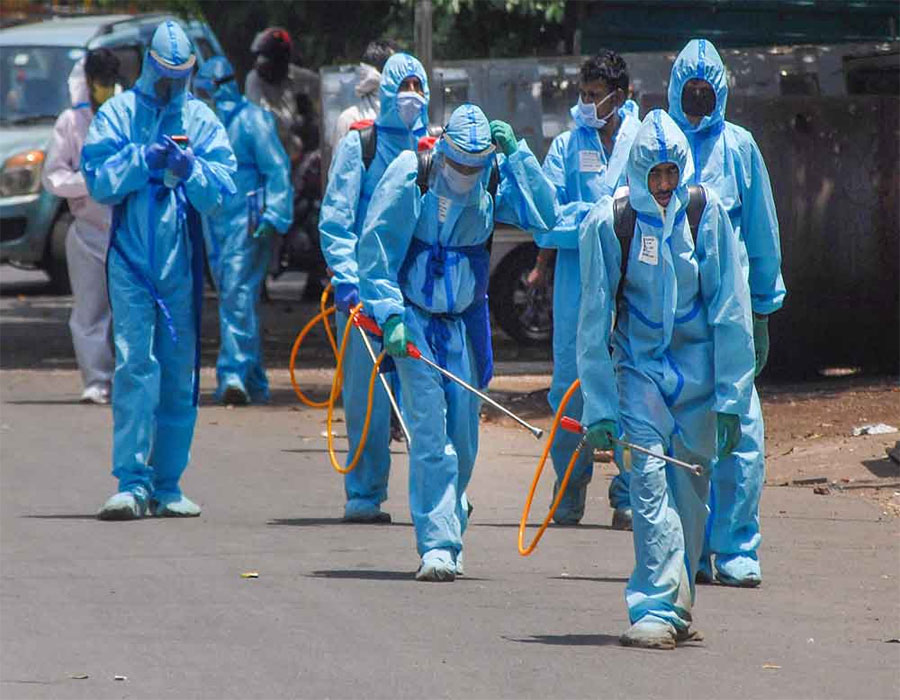
 OpinionExpress.In
OpinionExpress.In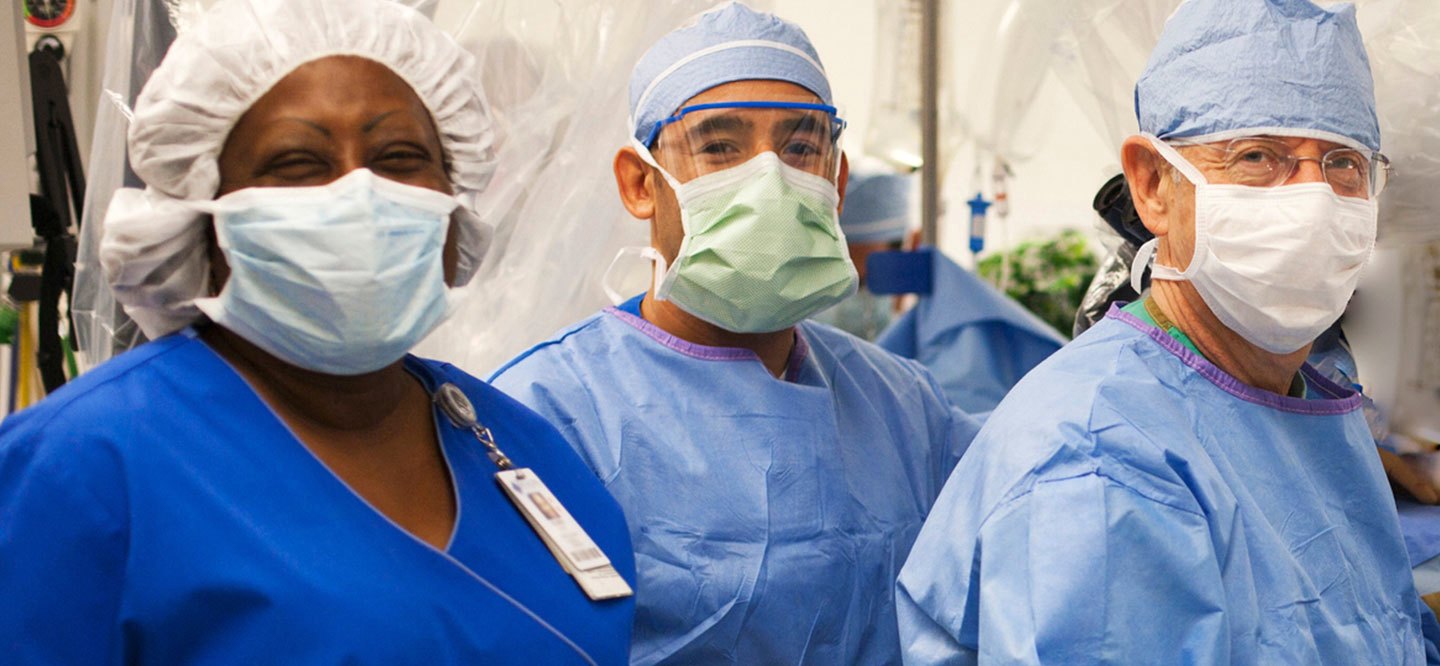


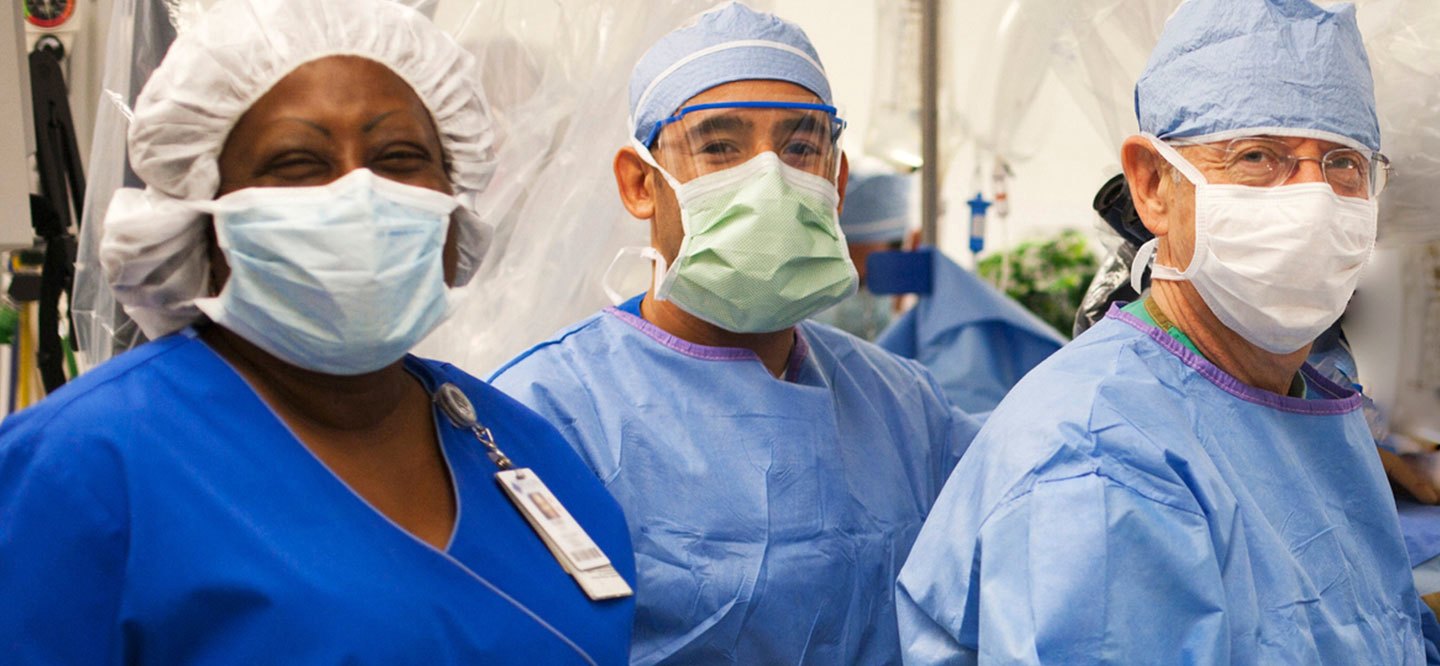



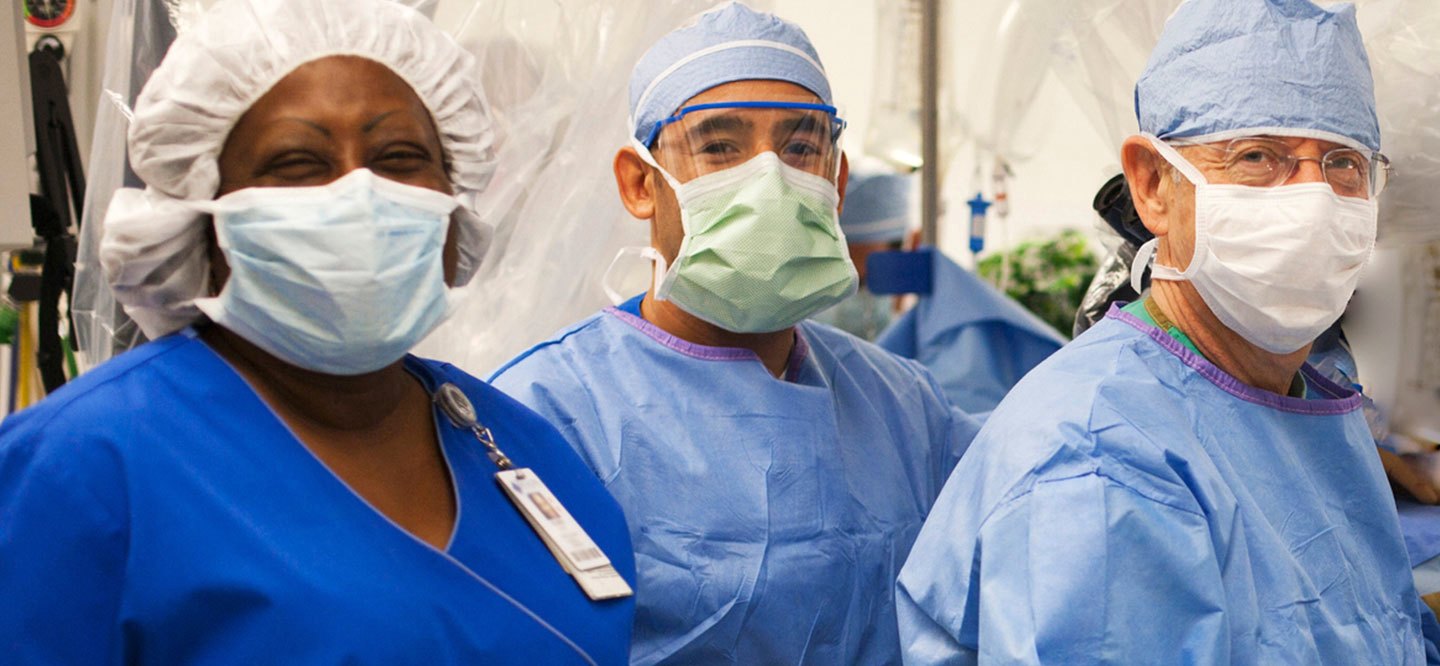
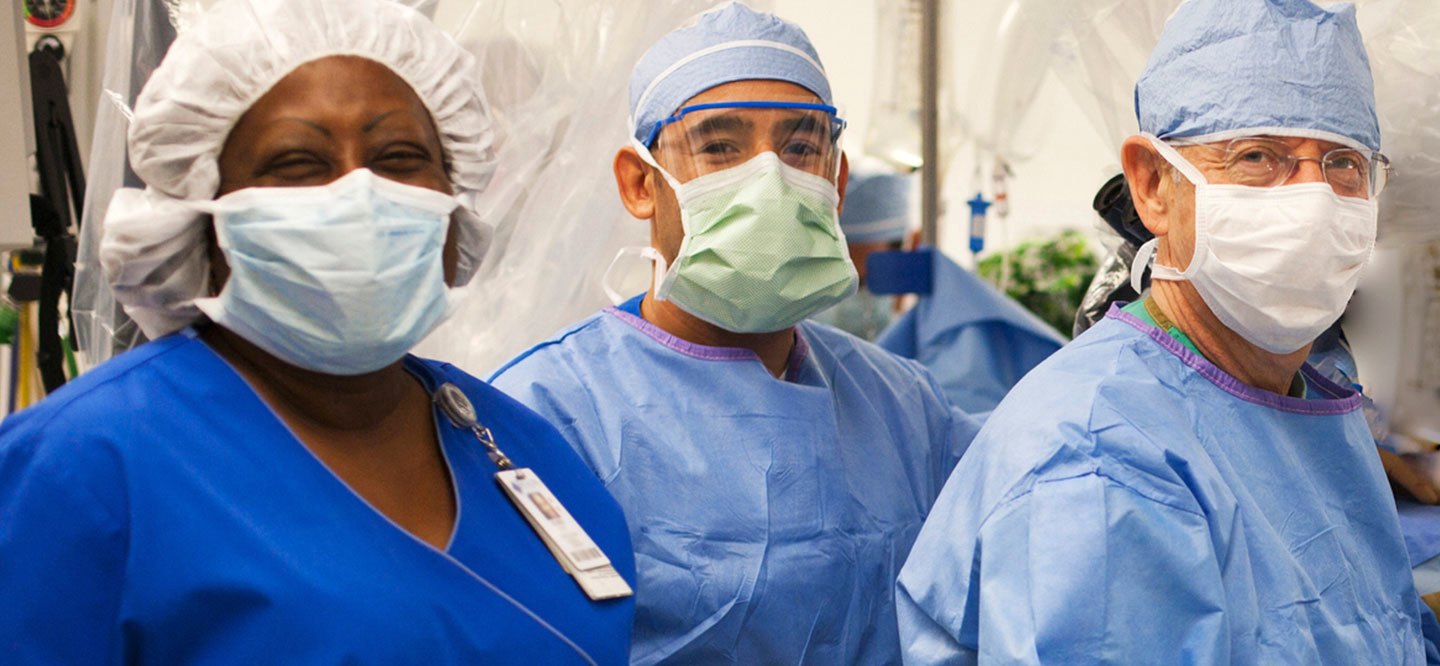







Comments (0)